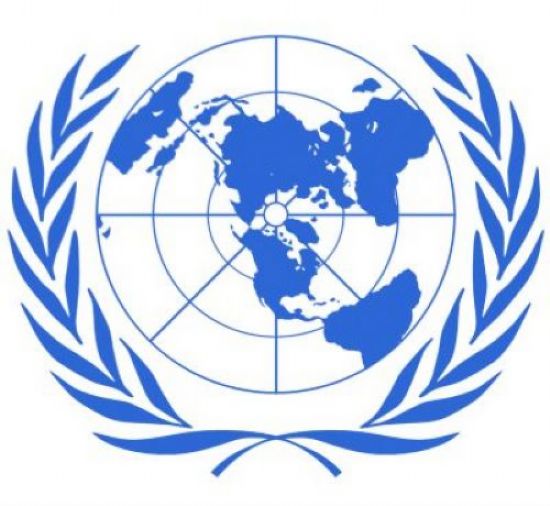Last week I blogged about four additional International treaties that deal with the exploration of space by member of the United Nations. In light of the five international space treaties, the UN adopted five "International principles and declarations to encourage exercising the international laws as well as unified communication between countries." These five principles are listed below.
The Declaration of Legal Principles Governing the Activities of States in the Exploration and Uses of Outer Space (1963). This declaration states that space exploration is open to all members willing to comply with international law. No nation can claim ownership of any celestial body or of space itself. Activities in space must abide by international law and each nation will be responsible for any space activities by any government agency or non-government agency. Member nations own any object they launch into space and any such object which lands shall be returned to launcher. Any damage caused by a launched object is the responsibility of the launching nation.
The Principles Governing the Use by States of Artificial Earth Satellites for International Direct Television Broadcasting (1982) Said activities should "promote the free dissemination and mutual exchange of information and knowledge in cultural and scientific fields, assist in educational, social and economic development, particularly in the developing countries, enhance the qualities of life of all peoples and provide recreation with due respect to the political and cultural integrity of States." This principle states that all members are free to carry out this activity but must respect the rights of other member nations. When planning such activities, nations must contact the UN Secretary General with details of the planned activities.
The Principles Relating to Remote Sensing of the Earth from Outer Space (1986) Fifteen principles are detailed in this section. They follow from the basic understanding of descriptions given by the UN Office of Outer Space Affairs. Here are some of the most important.
(a) The term "remote sensing" refers to using electromagnetic waves which are emitted, reflected or diffracted by the objects being scanned for improving natural resource management, use of land and/or protecting the environment.
(b) "Primary data" refers to the raw data that is collected by remote sensors on an object launched into space and delivered to ground installations by film, magnetic tape, electromagnetic signal or any other type of data transmission.
(c) "Processed data" refers to the useful data that is created when the raw data from (b) is processed.
(d) "Analyzed information" refers to information that is created when the processed data from (c) is interpreted and combined with data from other sources.
(e) "Remote sensing activities" refers to the operation of remote sensors in space, primary data collection from such objects, and activities in processing, interpreting and distributing processed data.
The Principles Relevant to the Use of Nuclear Power Sources in Outer Space (1992) When a member nation launches an object into space that incorporates a nuclear power source, that nation shall design the probe to protect individuals, civilian populations and the environment against radioactive contamination.
The Declaration on International Cooperation in the Exploration and Use of Outer Space for the Benefit and in the Interest of All States, Taking into Particular Account the Needs of Developing Countries (1996) This principle states that member nations are free to decide exactly how they want to participate in international space exploration efforts and that member nations who possess space capabilities should contribute to promoting international cooperation in space exploration. There should be an emphasis on countries with mature space programs helping developing nations to acquire their own space capabilities. There should be effective and appropriate international cooperation by governmental and non-governmental entities, commercial and non-commercial entities, from the global level down to bilateral level and between countries at all levels of development.
United Nations Flag:
